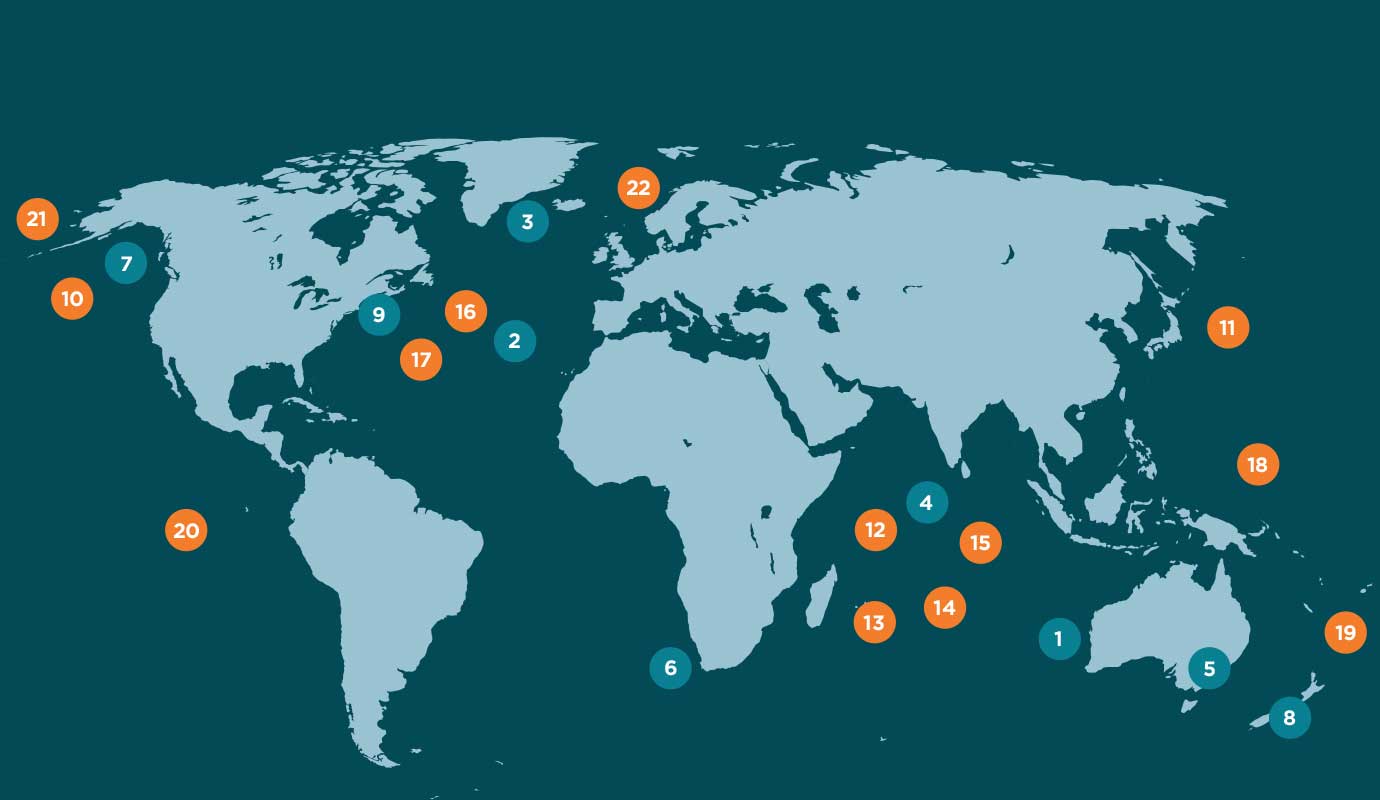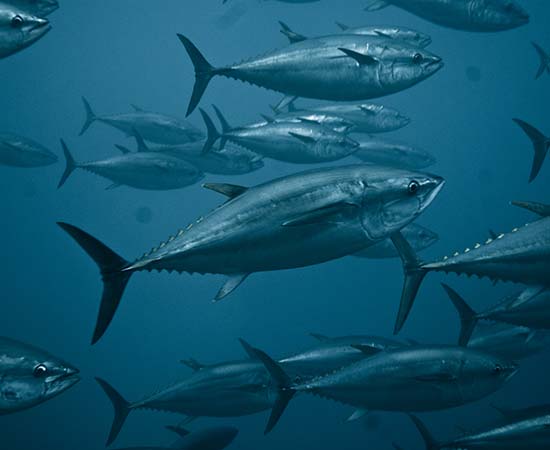
Dive deeper into MPs and MSE through these new, free e-learning courses through the FAO eLearning Academy.
Learn more
Our latest blog provides insight into the newly adopted MP for South Pacific albacore at the Western and Central Pacific Fisheries Commission.
Learn more
Check out the blog to learn about the big wins and major challenges from the International Commission for the Conservation of Atlantic Tuna (ICCAT) annual meeting in November.
Learn more
Learn about the recently adopted harvest strategy for the blackspot seabream in the Alboran Sea.
Learn more
Learn how the recent workshop on Global Blue Shark MSE helped to shape a sustainable future for blue sharks and the fisheries that depend on them.
Learn moreThe Harvest Strategy Tracker is an interactive tool that provides a comprehensive, up-to-date overview of the status of harvest strategy development and implementation across RFMOs.
Learn more
This short animation explains the shift toward Management Procedures (MPs), showing how they offer a straightforward, long-term blueprint for productive and sustainable fisheries management.
Learn moreHarvestStrategies.org serves as a resource for fisheries scientists, managers, and other stakeholders, compiling information about how harvest strategies work and how implementing this pioneering management approach can lead to sustainable, profitable fisheries and successful recovery programs for many species around the world. The site is managed by The Ocean Foundation’s International Fisheries Conservation Project with support from The Pew Charitable Trusts and the Common Oceans Tuna Fisheries Project, which is funded by GEF and implemented by FAO.
| Status | Description |
|---|---|
| This item has been adopted | |
| This item is in development | |
| This item is behind / stalled | |
| This item has not been started yet |

